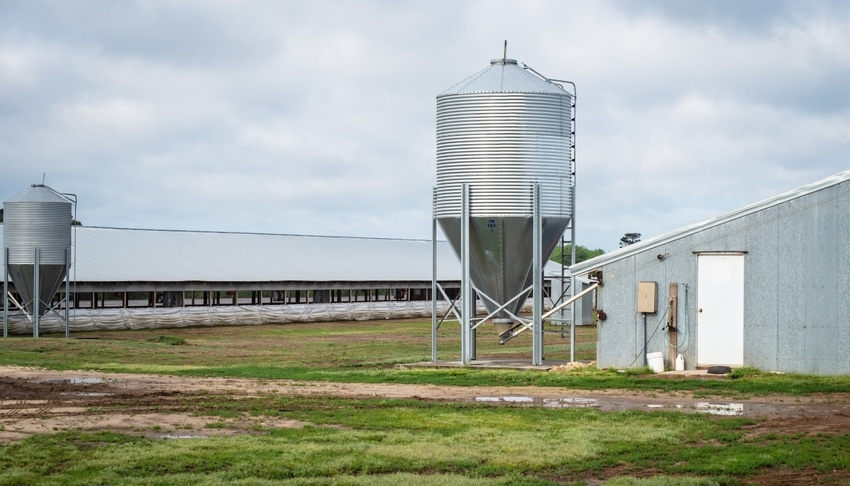Event marks first meeting of Standing Group of Experts on African Swine Fever in the Americas Region.
December 4, 2019

The Americas region is still free of African swine fever (ASF); however, the risk of introduction of the ASF in the region is high, and in the absence of a vaccine, prevention becomes key to keep this disease-free situation, the World Organization for Animal Health (OIE) said in announcing that high-level veterinary services officials from eight countries of the Americas region held meetings Dec. 3-4 in Bogota, Colombia, to discuss how they can work in a coordinated manner and reinforce border control measures to avoid the entry of this disease into the region.
OIE said the event marks the first meeting of the Standing Group of Experts on ASF (SGE-ASF) in the Americas Region, under the sponsorship of the Colombian Agricultural Institute (ICA) and the Global Framework for the Progressive Control of Transboundary Animal Diseases, a joint initiative of OIE and the U.N. Food & Agriculture Organization (FAO).
Considering that the ASF virus has continued to spread in Europe, Asia and Africa, the global situation poses a threat to currently disease-free countries, OIE said. A situational analysis conducted in the Americas showed that, in 28% of the countries, it is common for people like tourists, ethnic groups, foreign workers, refugees, etc., who are returning from currently ASF-infected countries to carry pork products in their luggage, OIE reported, adding that this practice becomes a risk for disease introduction since the virus can survive in pig products and in the environment for a long time.
All stakeholders must have greater awareness of the risk to avoid spreading ASF. This requires a rigorous approach to border controls at points of entry by air, sea and land, as well as passenger awareness of risk that could be achieved through clear and targeted communication, OIE emphasized.
OIE pointed out that a "great diversity of production and trade systems as well as complex value chains coexist in the Americas region," which consequently creates "unique additional challenges when it comes to facing this disease."
Therefore, OIE said zoning and compartmentalization, as described in its international standards, are key tools for minimizing trade disruptions. Implementation of these standards depends on a strong alliance between industry and veterinary services, ideally agreed to during times of peace. Countries from the region are called to consider the benefits of these tools for ensuring the safe trade of pigs and pork products, OIE said.
OIE emphasized that it is urgent to take proactive, concrete and coordinated measures to prevent the introduction of ASF in the Americas, and SGE-ASF plays a crucial role in developing recommendations and in forging a closer cooperation among countries to address disease prevention, preparedness and response in a collaborative and harmonized manner in the Americas.
FAO and OIE urged countries in the region to implement the recommendations that are expected to be issued following the Bogota meeting.
Source: OIE Americas Region, which is solely responsible for the information provided and is wholly owned by the source. Informa Business Media and all its subsidiaries are not responsible for any of the content contained in this information asset.
You May Also Like



